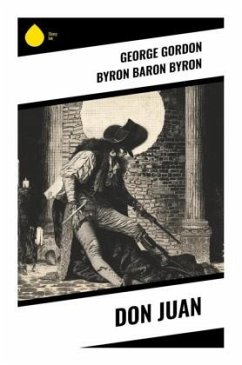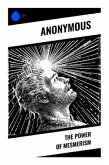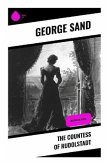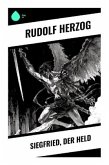In "Don Juan," George Gordon Byron presents a satirical epic poem that subverts the traditional narrative of the notorious libertine. Written in a playful yet sophisticated verse form, the poem employs an array of styles, from the heroic couplet to lyrical passages, reflecting Byron's masterful command of language. This work defies the conventions of romantic heroism, portraying Juan as an everyman who is perpetually the victim of circumstance rather than the perpetrator of seduction. Set against a backdrop of early 19th-century European society, Byron critiques moral hypocrisy, social norms, and the institution of love itself, making it a pivotal text in the Romantic literary movement. Byron, a leading figure of Romanticism, was known for his flamboyant lifestyle and intense personal experiences, which deeply influenced his writing. His travels across Europe, encounters with various cultures, and tumultuous relationships provided a rich tapestry of material for "Don Juan." Through this work, Byron also grapples with his own moral complexities and societal critiques, turning personal narrative into a universal commentary on love and identity. "Don Juan" is a must-read for lovers of poetry and literature enthusiasts alike, offering a blend of wit, charm, and profound insight. Byron's ability to weave humor with sardonic critique prompts readers to reconsider preconceived notions of romance and virtue. This epic poem stands as a testament to Byron's genius and remains relevant, resonating with contemporary themes of love and deception.
Bitte wählen Sie Ihr Anliegen aus.
Rechnungen
Retourenschein anfordern
Bestellstatus
Storno








